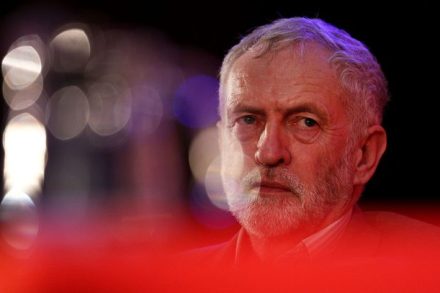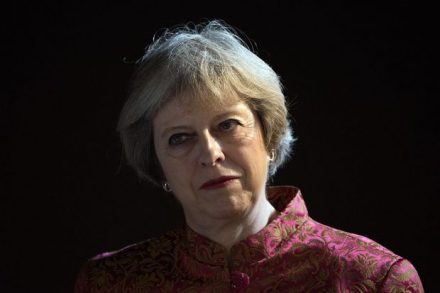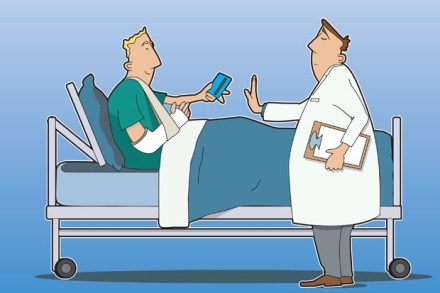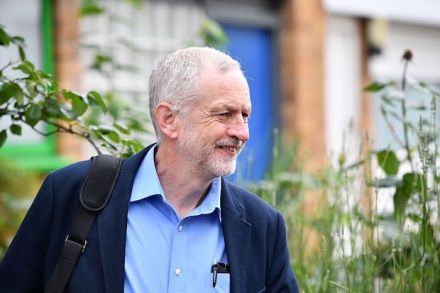Why isn’t Labour focusing its efforts on the NHS crisis?
Jeremy Corbyn will shortly give his speech on Labour’s position on freedom of movement, hopefully clarifying whether that is his pre-briefed position that the newspapers published this morning, or his position as set out in his Today programme interview. It was initially briefed that he was ‘not wedded’ to the idea of freedom of movement, but then said Labour would not stop any EU citizens from coming to the UK. To add to the confusion over this policy announcement which appeared to be moving the Labour party to the right on immigration, the Labour leader then did the equivalent of shouting ‘look at that massive left-wing squirrel over there!’ in

















